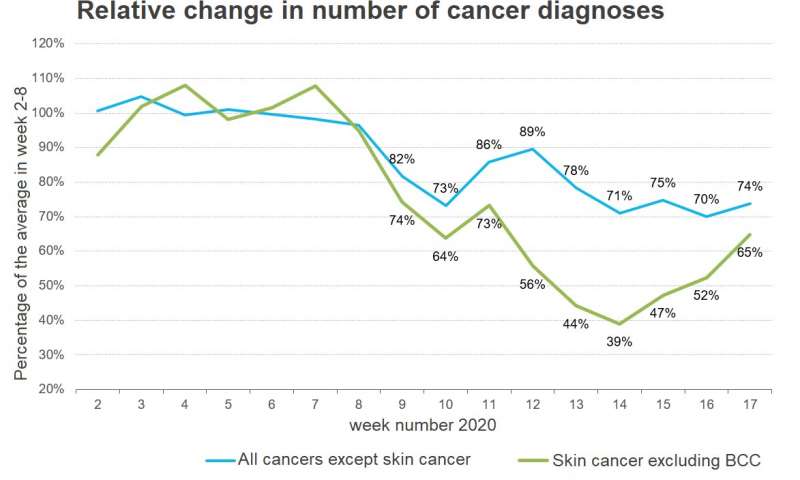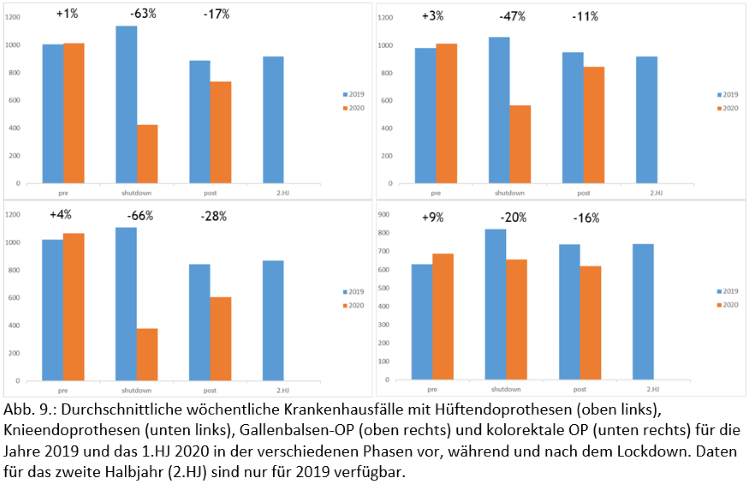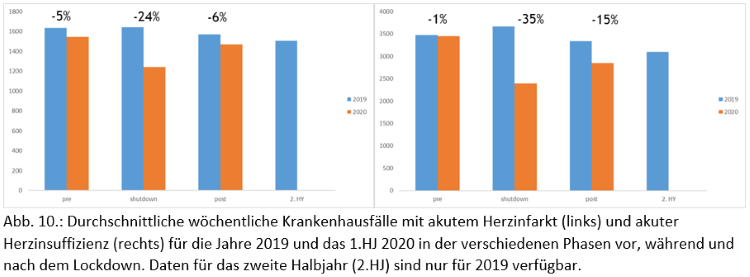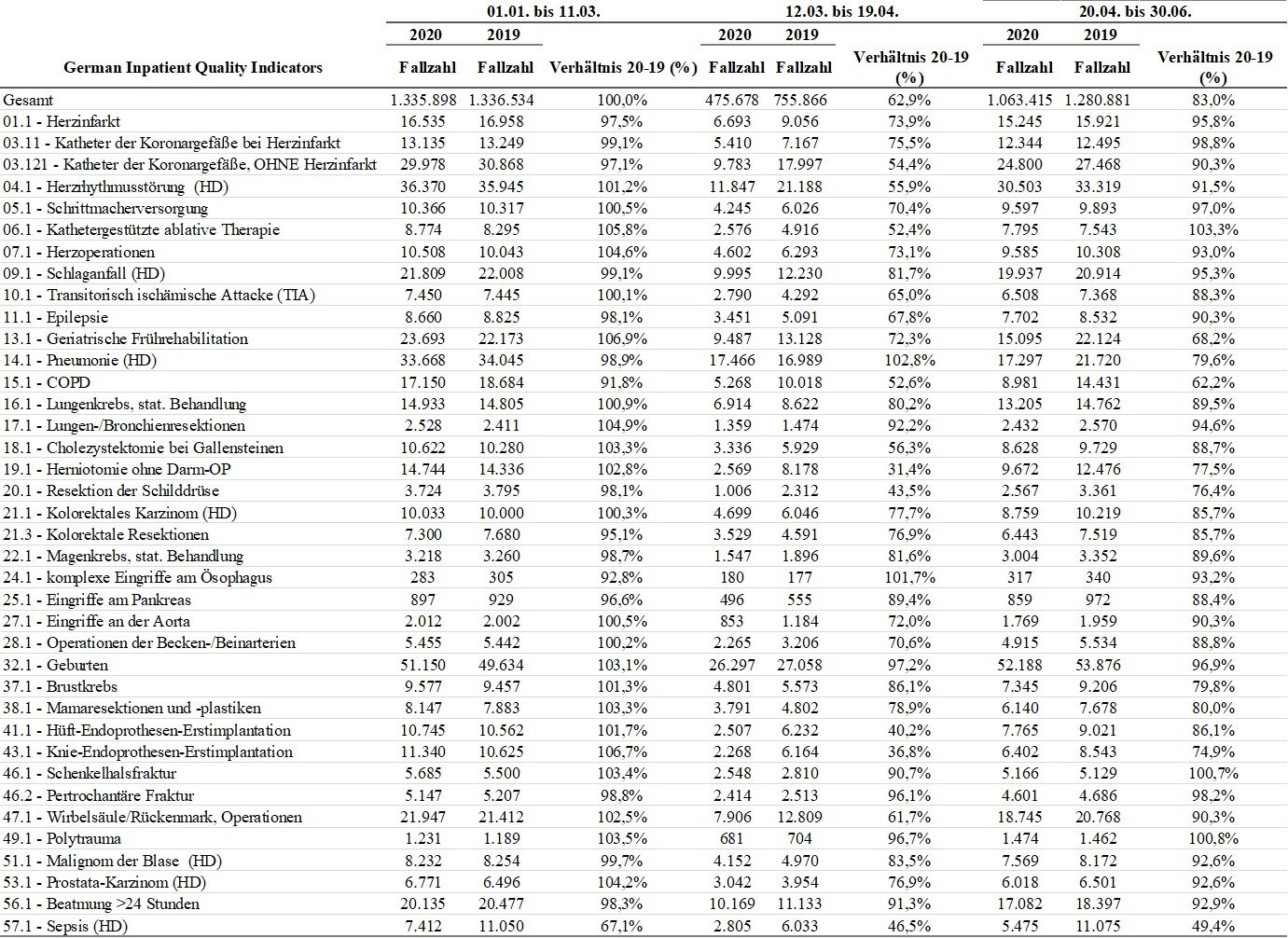That's true.
It is of course difficult to pinpoint any number for all diseases and all countries, but is not just an anecdotal observation from your local oncology section:
In France, "the delay in diagnosis is indisputable," says Kahn. "About 50% of the cancer diagnoses one would expect during this period were missed."
— Aude Lecrubier: "Are Oncologists Ready to Confront a Second Wave of COVID-19?", Medscape, 16 October 2020.
Or in terms of a modeling for the hard hit by lockdown UK:
Delays in cancer referrals caused by the COVID-19 pandemic and the ensuing shutdown in cancer services will lead to thousands of additional deaths and tens of thousands of life-years lost, suggest two new modeling studies from the United Kingdom.
When the UK-wide lockdown to combat the COVID-19 pandemic was implemented on March 23, cancer screening and routine outpatient referrals in the NHS were suspended, and treatment of cancer patients either halted or slowed down.
Moreover, because of physical distancing measures, which are expected to continue for up to a year, urgent 3-week referrals for suspected cancer cases have fallen by as much as 80%.
[…]
— Liam Davenport: "COVID-19: Heavy Toll From Ongoing Cancer Referral Delays", Medscape, July 22, 2020

Cancer care has dramatically changed as a result of the measures taken during the COVID-19 pandemic: Many patients have not been going to their GPs, or putting it off, and have been referred to the hospital later. Consequently, a quarter fewer cases of cancer have been diagnosed for several weeks, as reported by the Netherlands Cancer Registry based on initial diagnoses in the PALGA pathology database.
— University of Twente: "Decline in cancer diagnoses due to corona crisis", Medical Express, May 11, 2020
By almost every measure, far fewer cancers are being diagnosed during the coronavirus pandemic, whether the decline shows up in screening mammograms and colonoscopies or in other tests ordered after troubling symptoms prompt a doctor’s visit.
A research letter published Tuesday in JAMA Network Open notes a steep downward slope in newly identified cases of six common cancer types, based on weekly numbers from Quest Diagnostics. The clinical laboratory’s data add to similar analyses conducted in May and July from the electronic medical records vendor Epic and a July report from the COVID and Cancer Research Network on trends in cancer-related patient encounters.
Compared to Quest’s baseline period from January 2019 through February 2020, during the seven weeks from March 1 through April 18, the mean weekly number of newly diagnosed cancer patients plunged 46.4% for all six types: breast, colorectal, lung, gastric, pancreatic, and esophageal. The biggest drop was 51.8% in breast cancer and the smallest decrease was 24.7% in pancreatic cancer.
In the spring, Epic reported that screening appointments for cancers of the cervix, colon, and breast plummeted between 86% and 94% in March. In July, screenings were still down but by far less, from 29% to 36% in these three cancers.
– Elizabeth Cooney: "New cancer diagnoses fell sharply as the coronavirus pandemic first hit", StatNews, August 4, 2020
During the first peak of the corona hysteria this effect also pertains to strokes:
We observed a significant decrease in acute stroke presentations by ≈30% across emergency departments at the time of surge of COVID-19 cases.
— Ken Uchino et al.: "Decline in Stroke Presentations During COVID-19 Surge", Stroke, Vol. 51, No. 8, 2020. DOI
A few more numbers for Germany so far:

Showing reduction in hip and knee replacements, gallbladder & colorectal surgeries.

Showing reductions in myocardial infarction, heart failure.
And the shocking table:

The middle column group lists reduced cases for the timeframe 13. March – 19. April, all down, some quite drastically, except for two, the third column group shows that even after 'lockdown' those numbers were still significantly below expectation based on the previous year.
— Source: Initiative Qualitätsmedizin: "Effekte der SARS-CoV-2 Pandemie auf die stationäre Versorgung im ersten Halbjahr 2020. Eine Analyse der §21 Routinedaten an 421 Kliniken der Initiative Qualitätsmedizin (IQM)"




